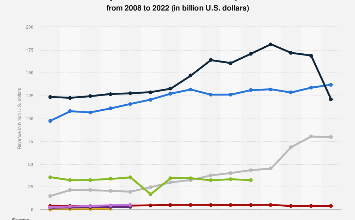Largest Trans Atlantic Cable Adopts Ciena’s GeoMesh Extreme

The architecture is expected to increase the fiber optic cable’s capacity.
June 11, 2024 – Seren Juno Network, operator of the largest trans pacific submarine cable JUNO announced that it will deploy Ciena’s GeoMesh Extreme to support Japan’s increasing needs on Tuesday.
GeoMesh Extreme, powered by WaveLogic 6, is an end-to-end network architecture that works overland and undersea to unite hardware, software, and services that can enable network operators to “scale their information-carrying capabilities, protect terabits of traffic from inevitable cable faults, and lower the total cost of network ownership,” said Ciena, a telecommunications software company.
Over 99 percent of the world’s intercontinental communications network exists in submarine cables, fiber optic cables that transmit telecommunication signals across seas. The JUNO cable, which connects the United States and Japan through over 6,000 miles of fiber, is expected to launch GeoMesh Extreme at the end of 2024, supporting the delivery of high-capacity services across Asia.
Seren Juno Network CEO, Yoshio Sato, said that the network “is dedicated to providing reliable global internet infrastructure and Ciena’s industry-leading WaveLogic 6 coherent optical technology will enable JUNO to start strong. We continue to see demands to build our global digital economy, and capacity and network performance are critical pillars to support this rapid growth.”
“Existing Japan-U.S. cables are nearing capacity limits and there is a need to meet the growth of bandwidth-intensive applications associated with AI, cloud-based services, and streaming videos. Powered by WL6e, the JUNO cable, which is the largest trans-Pacific submarine cable system, will be ready to hit new service delivery targets as soon as it launches,” said Thomas Soerensen, vice president of global submarine solutions at Ciena.
Seren said that the cable will enjoy “unprecedented fiber capacity and spectral efficiency” with Ciena’s performance-optimized services and will deliver ubiquitous 800 gigabyte services. The undersea cable will also benefit from Ciena’s Navigator Network Control Suite, which provides operational efficiencies for the cable, simplifying and accelerating planning, provisioning and workflows.
Due to the nature of undersea cables, the subsea cable industry deals with numerous threats on a routine basis. Experts say that submarine cables are the backbone of the international telecommunications industry, and consists of approximately 400 cables buried under the sea floor and laid along the seabed.
Industry challenges include fishing interference, seasonal weather restrictions, international tax dealings, inconsistent market demands and even pirates.




